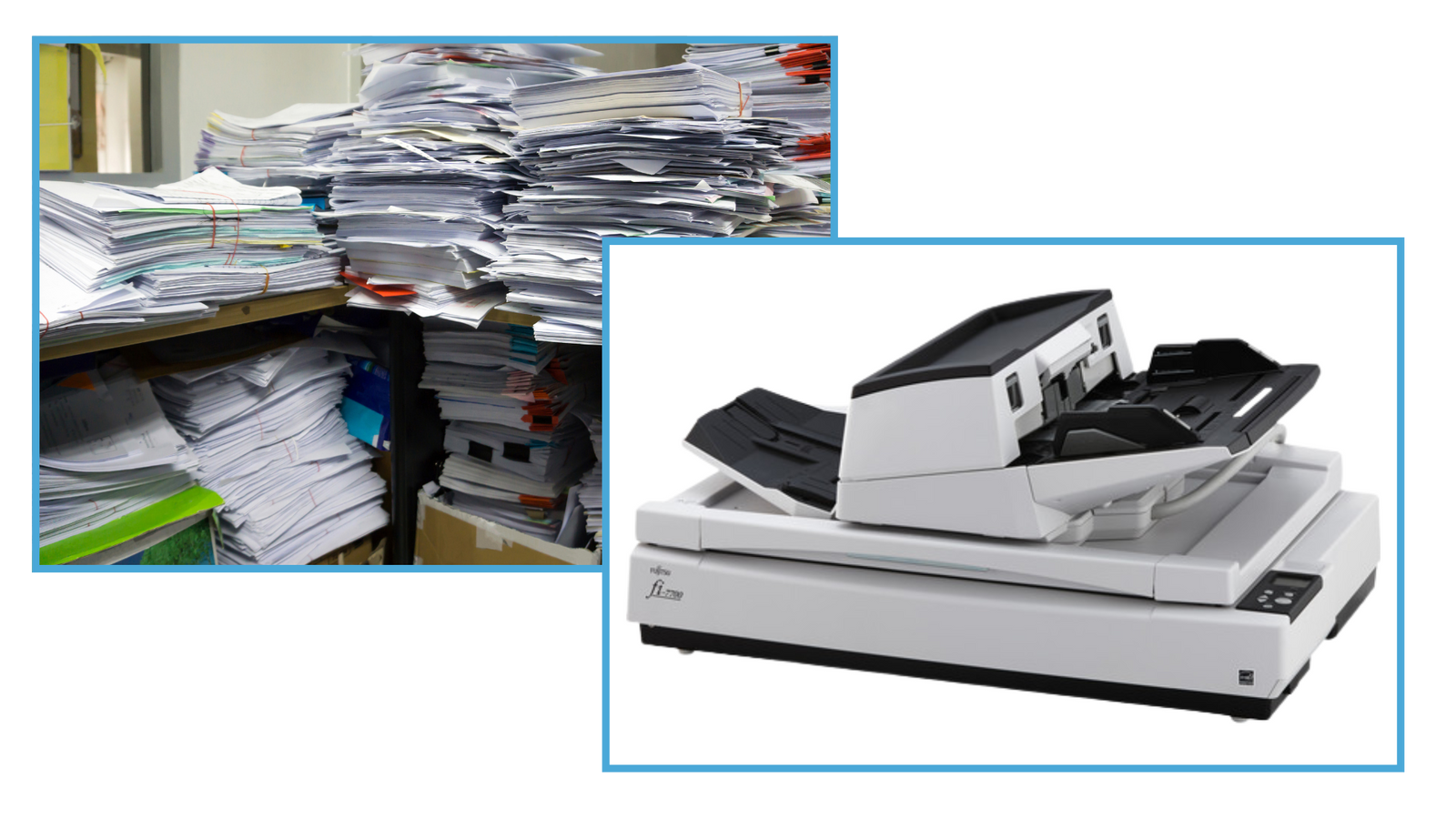Why Record Management Still Matters
Even in a digital-first world, many organizations and families are still surrounded by paper. From contracts and tax records to handwritten letters and medical files, important documents are often boxed up in closets, file cabinets, or storage units. The problem? These paper records are hard to search, easy to misplace, and vulnerable to time, moisture, or disaster.
That’s where smart record management comes in. It’s not just about organizing physical folders—it’s about making your documents more useful, accessible, and secure through digitization.
Document Digitization Simplifies Everything
Document digitization is the process of converting paper records into searchable, electronic files. Once digitized, your documents are easier to:
-
Find with keyword search
-
Share securely with others
-
Back up and protect in the cloud
-
Organize by date, subject, or category
Whether you’re a business managing compliance records or a family trying to declutter, digitization is the key to turning piles of paper into an organized, reliable archive.
To understand your options, you can read our guide on how to digitize and organize your papers.

Convert Paper Documents to Electronic Files Without the Hassle
If you’ve ever tried to scan a large pile of documents using a home printer, you know it’s a slow, frustrating process. Professional document digitization services are designed to handle high volumes quickly, ensuring:
-
Consistent scan quality
-
Searchable PDFs with OCR
-
Proper rotation, orientation, and page order
-
Confidentiality and secure handling
With a service like our bulk records digitization offering, you can drop off a single banker’s box or your entire file room at your nearest UPS Store—no prep needed.

Choosing the Right Record Management Partner
Not all scanning services are alike. Some just give you image files that are no better than photographs. The best services embed metadata, apply OCR for searchability, and offer cloud access so you can avoid physical media like DVDs.
America’s best specialty conversion service includes options to digitize and organize bulk records for institutions and families alike.
When evaluating your options, ask:
-
Will the files be searchable by content?
-
Are the digital versions compatible with my current systems?
-
Can I access them in the cloud instead of using discs or USBs?
Heirloom helps answer "yes" to all of the above—making it easy to preserve what matters and retrieve it when you need it.

📧 Want more tips like this?
Subscribe to Heirloom emails to learn how to preserve your priceless memories. Get discount codes for expedited shipping, quality digitizing, and secure cloud storage. We never spam, and it’s easy to unsubscribe at any time.


